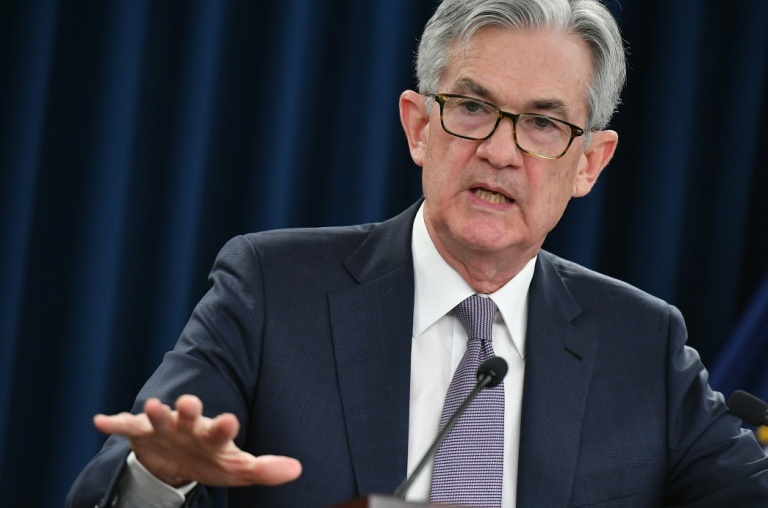
- Manchin’s stonewalling of U.S. President Joe Biden’s Build Back Better bill also means that the controversial cryptocurrency declarations for tax purposes are also on hold, giving crypto lobbyists time to regroup and attempt a rewording of these provisions.
- The result of the legislative impasse has seen bitcoin shoot past US$49,000 (at the time of writing) for the first time in five days, amid a general rebound in risk sentiment.
West Virginia Democratic Senator Joe Manchin may be the best friend that bitcoin (and friends) have in Washington at the moment.
Manchin’s stonewalling of U.S. President Joe Biden’s Build Back Better bill also means that the controversial cryptocurrency declarations for tax purposes are also on hold, giving crypto lobbyists time to regroup and attempt a rewording of these provisions.
Tucked beneath the layers legalese and legislative jargon in Biden’s Build Back Better bill is a requirement for declarations for cryptocurrency transactions that some have interpreted would also ensnare cryptocurrency miners and developers to bear unnecessarily onerous reporting burdens.
The result of the legislative impasse has seen bitcoin shoot past US$49,000 (at the time of writing) for the first time in five days, amid a general rebound in risk sentiment.
Bitcoin has come down by over 30% in the past five weeks, after setting a record high of almost US$69,000 in early November and some analysts such as Bloomberg Intelligence’s Mike McGlone suggest that the benchmark cryptocurrency may have put in a bottom in the midst of an enduring bull market, mirroring the recent crude oil peak.
In a research note, McGlone wrote,
“The (earlier) 2% Bitcoin future gain on the day the S&P 500 dropped 1% solidifies the recent crypto low around US$45,000 as pivotal support.”
But investors can expect greater volatility ahead nonetheless, with fiscal stimulus being a double-edged sword.
On the one hand, Washington success in passing a US$1.75 trillion spending bill would add fuel to the narrative of government profligacy against a backdrop of inflationary pressures, helping the investment case for bitcoin, which many see as a hedge against rising prices.
Yet on the other hand, if the bill passes in its current form, the potential disclosure burdens placed on cryptocurrency industry participants may create another layer of costs for stakeholders who have become accustomed to relatively frictionless transfers of value and operations.
Either way, the stalling of Biden’s economic agenda should be seen as providing an avenue for cryptocurrency lobbyists to get to work and demand a change in language that would either remove or reduce these regulatory disclosure burdens.



